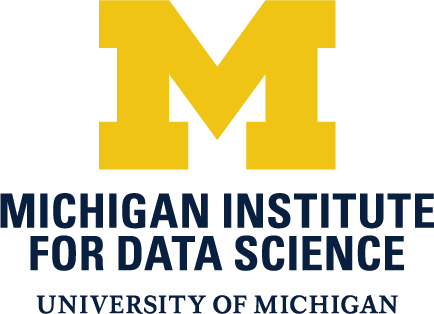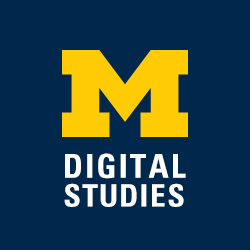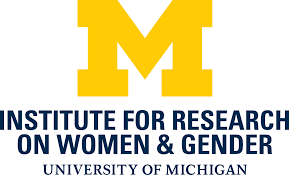Overview
The ubiquity of data and the emergence of Artificial Intelligence (AI) are rapidly reshaping every aspect of human society. However, as with any emerging technology, data and AI are deeply entwined with our social matrix. Many scholars have been directing our attention to how data and AI can amplify the existing structural and cultural injustice. At the U-M Data Science and AI Summit 2020, Catherine D’ignazio and Lauren Klein, authors of the now classic “Data Feminism”, advocated for data scientists to adopt principles of feminism to challenge authority and convention, which sparked enthusiastic calls for actions on campus. In this mini-symposium, we will hear presentations from leading researchers who have done just that: using data and AI to challenge and rewrite the conventional narrative about a variety of social issues.
Speakers

Vukosi Marivate, Associate Professor of Computer Science and ABSA UP Chair of Data Science, University of Pretoria; Data Science for Social Impact – Research Group, University of Pretoria
Africa’s rich linguistic diversity is a unique strength that can be leveraged to advance Artificial Intelligence (AI) technology. However, limited access to high-quality annotated data, computational infrastructure and skills presents a significant challenge to developing AI models for African languages. This talk will discuss how the Data Science for Social Impact Lab at the University of Pretoria is working to improve resources, tools, and methods for African languages through collaborations with local communities and organizations across the continent. Our approach involves creating inclusive environments where researchers, developers, educators, policy makers, activists and other key stakeholders can come together to co-create innovative solutions to complex problems facing society. Our goal is to empower individuals and organizations to harness the power of AI to address critical issues such as education, healthcare and financial inclusion while preserving cultural heritage. Finally, this talk will provide insights into the current state of affairs regarding African language model development efforts and outline future steps needed to build the African AI ecosystem envisioned by many experts in the field.
Prof Vukosi Marivate is an Associate Professor of Computer Science and holds the ABSA UP Chair of Data Science at the University of Pretoria. He specialises in developing Machine Learning (ML) and Artificial Intelligence (AI) methods to extract insights from data, with a particular focus on the intersection of ML/AI and Natural Language Processing (NLP). His research is dedicated to improving the methods, tools and availability of data for local or low-resource languages. As the leader of the Data Science for Social Impact research group in the Computer Science department, Vukosi is interested in using data science to solve social challenges. He has worked on projects related to science, energy, public safety, and utilities, among others. Prof Marivate is a co-founder and CTO of the Lelapa AI, an African startup focused on AI for Africans by Africans. Vukosi is a chief investigator on the Masakhane NLP project, which aims to develop NLP technologies for African languages. Vukosi is also a co-founder of the Deep Learning Indaba, the leading grassroots Machine Learning and Artificial Intelligence conference on the African continent that aims to empower and support African researchers and practitioners in the field.
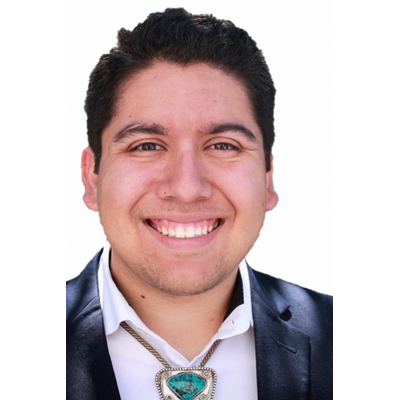
Alec Calac, Public Health MD-PhD Candidate, Medical Scientist Training Program, University of California, San Diego
Indigenous Peoples have responsibly stewarded their cultures and traditions since time immemorial. Despite settler colonialism and centuries of cultural genocide, these groups have held on to their cultural traditions and are working to revitalize their knowledge systems in modern society. This has not been without difficulty, as Indigenous Peoples are more likely to experience discrimination, marginalization, and adverse health outcomes compared to the general population. Another complicating factor, largely due to technological advances in recent decades, is growing interest in the pan-Indigenous genome due to lower proportions of European genetic admixture and unique genetic variants that may inform the development of novel therapeutics and drug targets. In the United States, there is a long history of extracting data and knowledge from Indigenous Peoples, because it has some type of value to educators, researchers, or corporate interests. In his talk, Mr. Calac will share his perspective on responsible stewardship of Indigenous Peoples’ data and his current doctoral research and health policy efforts promoting Indigenous Data Sovereignty.
I am a member of the Pauma Band of Luiseño Indians. I completed my undergraduate degree in Neuroscience and Cognitive Science and Molecular and Cellular Biology at The University of Arizona. There, I was the Chapter President for the Society for the Advancement of Chicanos/Hispanics and Native Americans in Science. After graduating, I completed research and health policy fellowships at the National Institutes of Health and National Indian Health Board, respectively. Currently, I am an MD/PhD student at the UC San Diego School of Medicine and Herbert Wertheim School of Public Health and Human Longevity Science. I helped establish the UC San Diego Program in Medicine – Transforming Indigenous Doctor Education (PRIME-TIDE), which prepares medical students to meet the healthcare needs of American Indian and Alaskan Native Tribes and Villages. I work tirelessly as the President-Elect for the Association of Native American Medical Students and Chair for the American Medical Association Medical Student Section Committee on American Indian Affairs, identifying barriers and facilitators to greater inclusion of American Indians and Alaska Natives in medicine and the allied health professions. My research interests are in medical education and workforce development, Tribal public health, vaccine hesitancy and misinformation spread, and social media utilization.

Kanta Dihal, Lecturer in Science Communication, Imperial College London
Humans have been dreaming of intelligent machines for most of written history. Yet as contemporary technologies start to suggest that these ancient dreams may soon approach reality, the limitations of these dreams reveal themselves. The most prevalent Western narratives present extreme futures: either unattainable utopias or apocalyptic dystopias. But this is not the only way to write an AI narrative. Based on the five-year research project Global AI Narratives, in my talk I will explore some of the alternative visions of AI from around the world that may help us imagine richer and more reasonable futures with AI.
Dr. Kanta Dihal is Lecturer in Science Communication at Imperial College London and Associate Fellow of the Leverhulme Centre for the Future of Intelligence, University of Cambridge. In her research, she focuses on the stories we tell about science and technology across cultures, and how they help us think about ethics and bias in new technologies.
Kanta was Principal Investigator on the project Global AI Narratives from 2018-2022, in which she explored intercultural public understanding of artificial intelligence as constructed by fictional and nonfictional narratives. Kanta’s work intersects the fields of science communication, literature and science, and science fiction. She has a PhD in science communication from the University of Oxford: in her thesis, ‘The Stories of Quantum Physics,’ she investigated the communication of conflicting interpretations of quantum physics to adults and children.
She is co-editor of the books AI Narratives: A History of Imaginative Thinking About Intelligent Machines (Oxford University Press, 2020) and Imagining AI: How the World Sees Intelligent Machines (Oxford University Press, 2023) and has co-authored a series of papers on AI narratives with Dr Stephen Cave, including ‘The Whiteness of AI’ (Philosophy and Technology, 2020). She is currently writing the book Stories in Superposition. For more of her publications, see the Publications page.
Kanta has advised organizations including the World Economic Forum, the UK House of Lords, the G20, and the United Nations on portrayals and perceptions of AI. She has been an invited speaker for national and international events, radio, and TV: for more information, see the Media & Press page.
Organizer
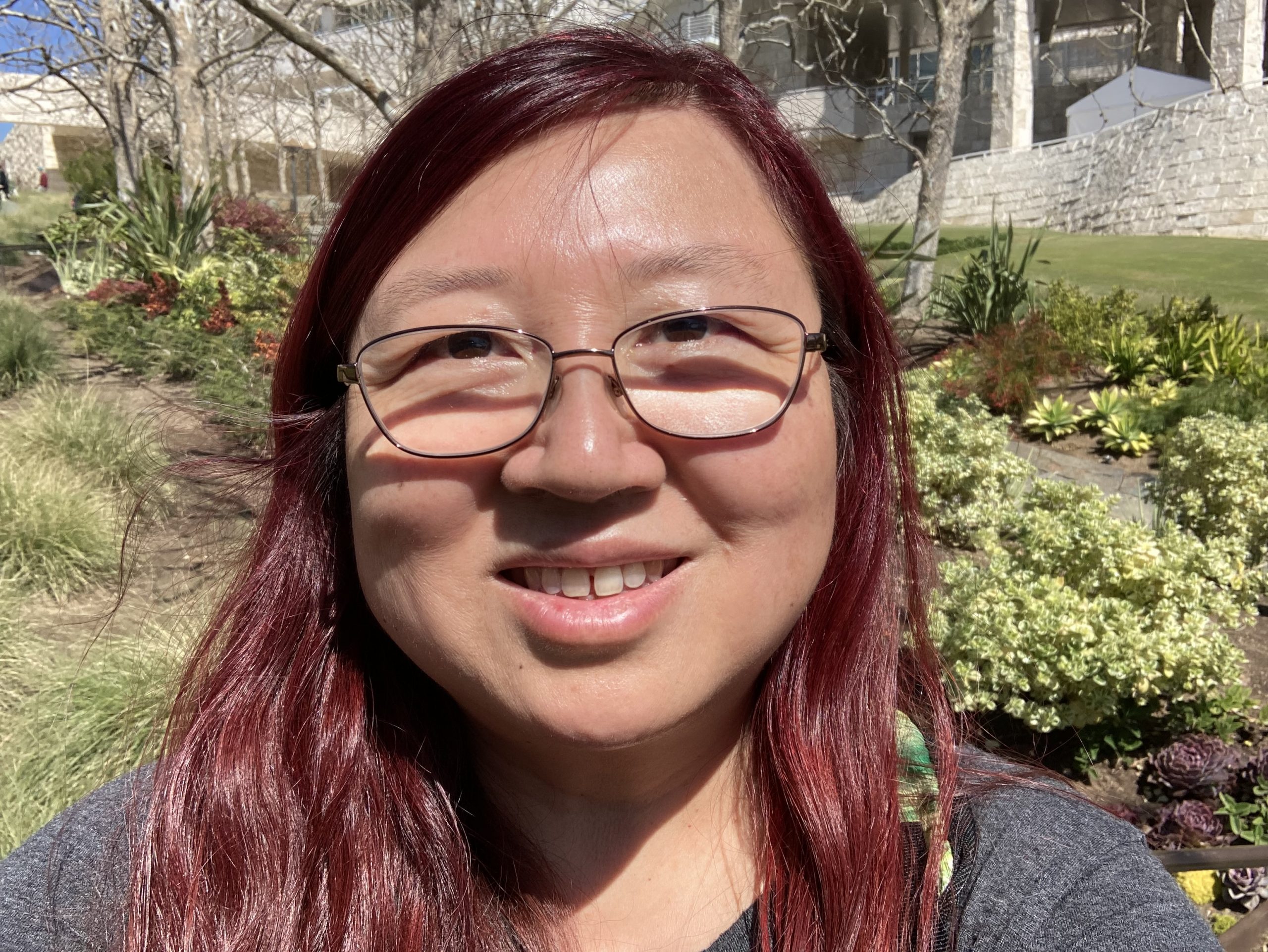
Jing Liu
Executive Director
Michigan Institute for Data and AI in Society
Moderator
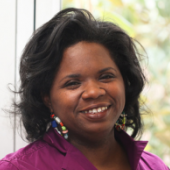
Melynda Price
Director, Institute for Research on Women and Gender; Professor of Women’s and Gender Studies
Questions? Contact Us.
Message the MIDAS team: [email protected]
